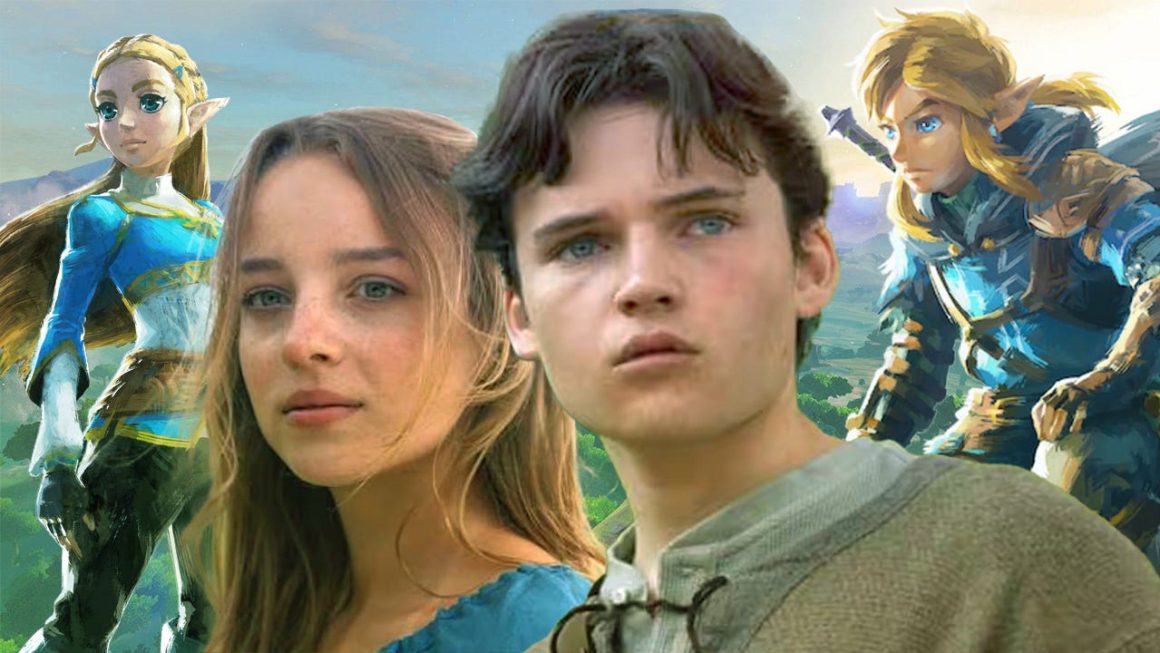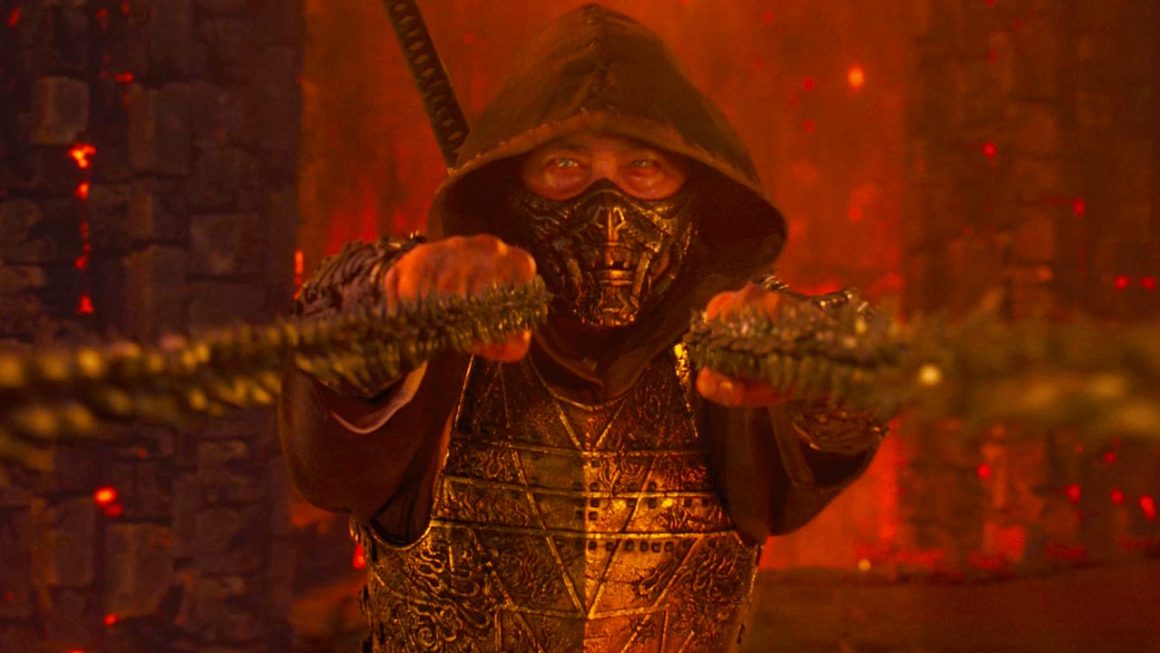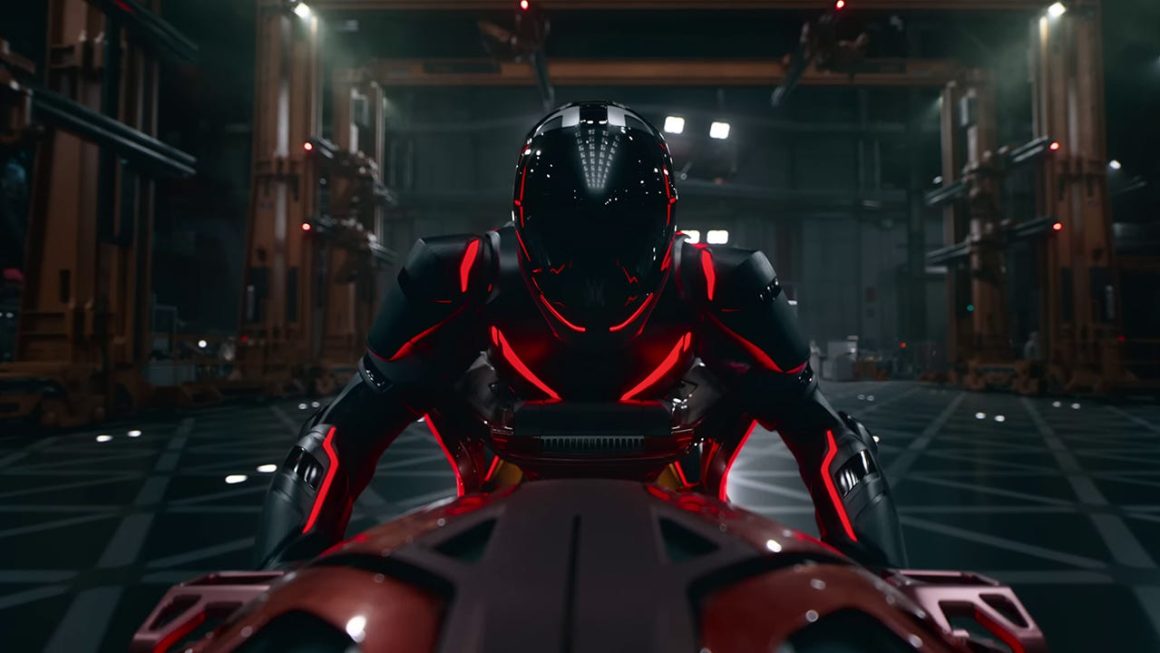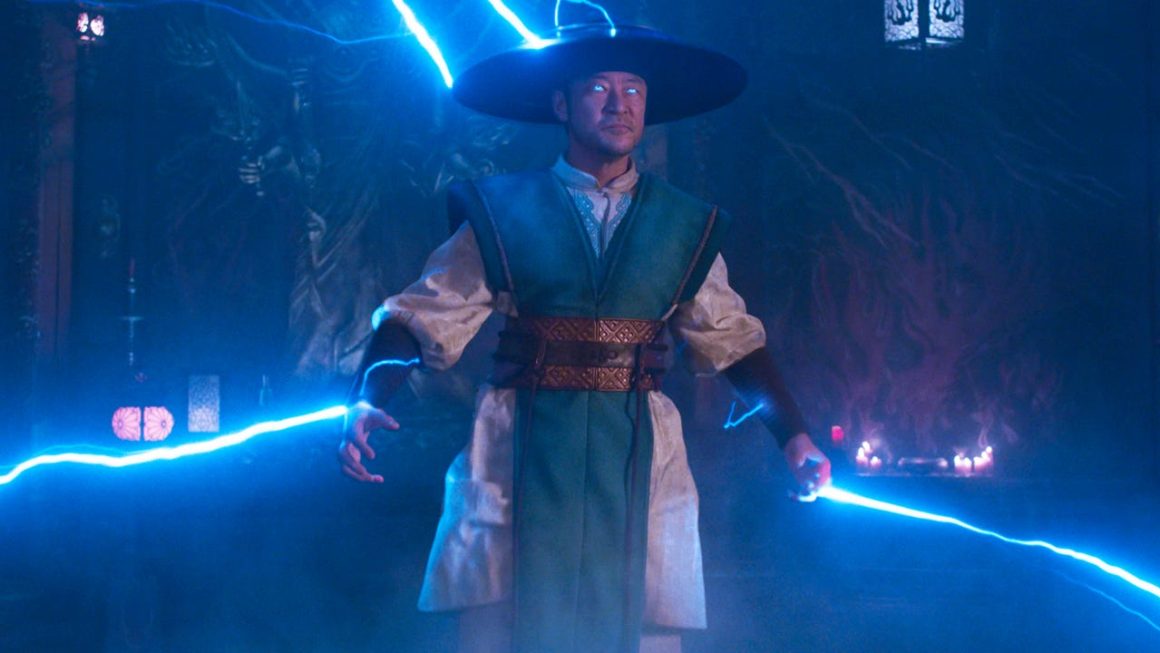Eyes up, Zelda fans, because The Legend of Zelda movie has its stars. Shigeru Miyamoto officially announced that Bo Bragason and Benjamin Evan Ainsworth will be taking up the iconic roles of Princess Zelda and Link respectively in director Wes Ball’s live-action Legend of Zelda film, currently set for release on May 7, 2027. It’s the first major update we’ve received on the film in quite a while, and the news plus the images provided by the studio of the pair are sure to stir up plenty of excitement from fans.
That said, the casting of young and relatively unknown performers in such iconic parts has raised some eyebrows. Still, it might actually be the best possible sign for the movie’s prospects.
Let’s take a look at why going this route is exactly what the Zelda movie needed.
Character Over Celebrity
Although both Bragason and Ainsworth are not making their debut here (Netflix viewers may recognize them from Renegade Nell and The Haunting of Bly Manor respectively), neither of them would at this point be classified as household names. This is a sharp contrast to Nintendo’s last theatrical franchise offering, The Super Mario Bros. Movie, which filled its animated voice cast with known quantities like Chris Pratt, Anya Taylor-Joy, and Jack Black. Going for big names worked perfectly well for that entry, to the tune of over $1.3 billion at the box office, but Zelda needs a different touch, especially because this film will be live-action and not animated. Although IGN’s Logan Plant previously made the case that the Zelda film should have been animated, Nintendo obviously felt differently.
The fact that we’re not getting major stars leading the live-action film indicates Nintendo understands the importance of how their characters are perceived in popular culture. Their most iconic stalwarts such as Mario, Samus, Pikachu, and most certainly Link and Zelda, are beloved both for their memorable designs and their consistent association with quality games, not because they really have depth in the traditional sense. This is why it didn’t negatively affect the Mario movie when the characters were played by big names. Even if some fans may have preferred the likes of Charles Martinet and Samantha Kelly reprising their most notable roles in the film, the animated characters still looked and acted like themselves, fulfilling audience expectations even with the more well-known voices (in this case Chris Pratt as Mario and Anya Taylor-Joy as Princess Peach).
But live-action is something different. Since we’re getting to see real human faces play Link and Zelda, going with actors the audience are overly familiar with in these parts would have been a detriment. Since so much of Link and Zelda’s characterization is more inferred than directly portrayed in the games due to Nintendo’s heavier emphasis on gameplay over traditional storytelling, throwing big names into the costumes may have given off the air of famous people doing cosplay. Link especially will be a challenge to depict since he famously almost never speaks beyond “hyaah!!” shouts during combat, making us wonder just how the new film will develop his voice, or even perhaps if they’d risk not doing it. It would be faithful to the games if Link were silent, but it might be too unusual of a choice for a four quadrant blockbuster.
The Zelda movie will have to fill in a lot of the gaps in characterization left open by the games, so letting audiences see Link and Zelda as characters first instead of celebrities they have to compartmentalize will give Ball and his team more room to tell their story effectively.
Adapting to Adaptation
Nintendo and Ball selecting these two to lead the Zelda film also indicates that they know this project requires a high degree of creative integrity. Zelda is one of the most beloved video game franchises of all time, with numerous entries that have won Game of the Year awards. Ocarina of Time in particular is often called the greatest video game ever made. The Zelda brand has a standard for itself that Nintendo works hard to maintain, and not allowing typical Hollywood production problems to affect this movie needs to be a priority. Specifically, we’re referencing the unsavory practice of Hollywood producers sometimes necessitating that cast members have a certain number of social media followers, a trend that actress Maya Hawke publicly discussed earlier this year.
Going against that trend will allow the movie to focus on story over marketing, which is doubly important because of how hard it will be to adapt this series to a more narrative-driven medium. Not that Zelda games tend to have bad stories, mind you, but they’re generally more premise than plot, a backdrop to allow players the freedom to explore the game’s world and engage with its gameplay. Some players even spend hours just fishing in Ocarina of Time or building random contraptions in Tears of the Kingdom. That makes perfect sense for a video game, but a movie can’t lean on such mechanics, and will need to develop both the characters and setting in ways that gets an audience emotionally invested. There’s been some question as to how you’d even tell a Zelda story on film in the first place, since the games generally have little continuity between them and its principal lead doesn’t speak.
But those facts shouldn’t be looked at as insurmountable barriers. Wes Ball is an underrated genre craftsman, with a strong eye for believable world-building and tangible set piece craft. His most recent film, Kingdom of the Planet of the Apes, went a long way to show how much attention he pays to specific emotional stakes and great use of VFX. All of those skills make him a prime choice for helming Zelda, since its gorgeous, fantastical world and unique visual identity are such hallmarks of the series. Translating those aspects to film should be straightforward, but finding the right story will be the real task. And no, we don’t mean that he should directly adapt one of the more popular games, since as mentioned earlier, their narratives are suited to gaming, not film. No matter what Ball’s favorite Zelda game may or may not be (Twilight Princess heads unite), a Zelda movie will need to chart its own course, and that starts with performers who can truly disappear into the lead roles.
Whatever adaptational choices are made, going with unknown actors for Link and Zelda proves that Ball at least has the right mindset. We’ll see how the Legend of Zelda movie shapes up in 2027, but for now, this casting leaves us hopeful the movie will live up to its namesake.
Carlos Morales writes novels, articles and Mass Effect essays. You can follow his fixations on Twitter.




купить прогнозы на спорт prognozy-na-sport-1.ru .